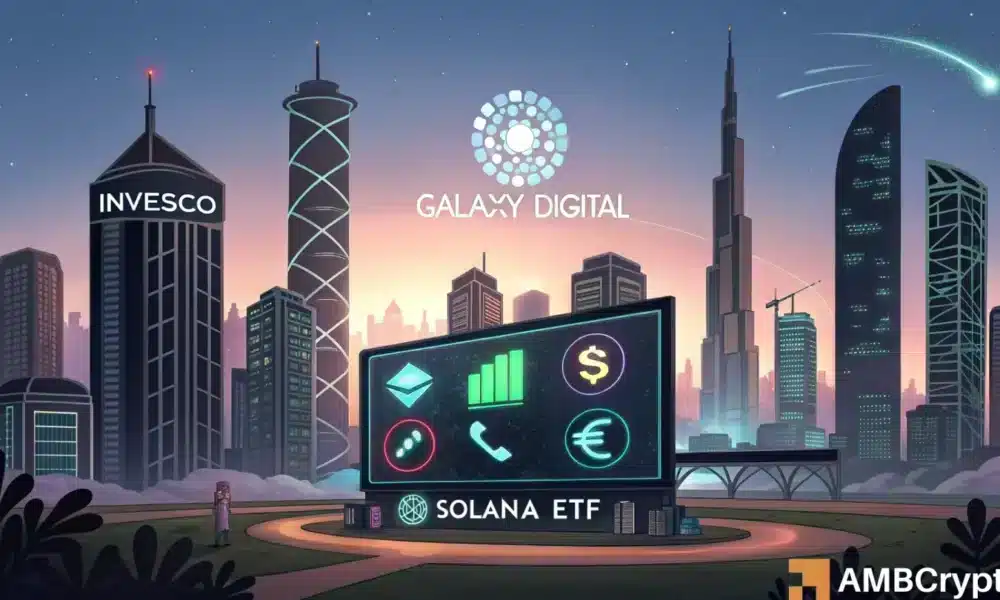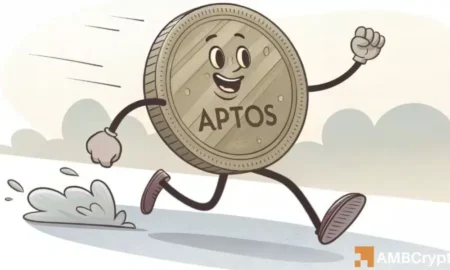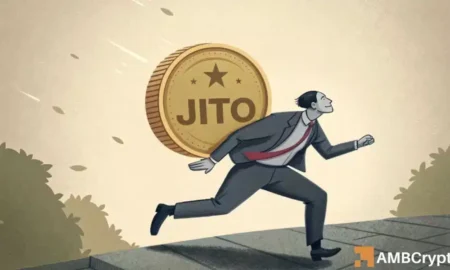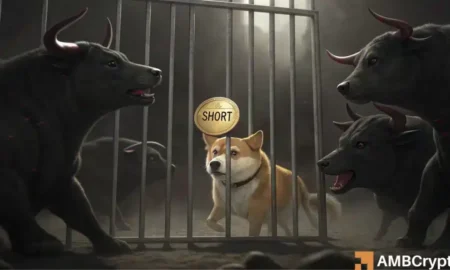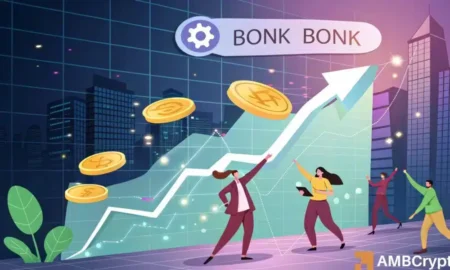Invesco and Galaxy Seek Approval for Solana ETF: A Look at the Crypto Landscape
In an ambitious move to expand the realm of crypto-backed investment options, Invesco Ltd and Galaxy Digital recently filed an application for a Solana Exchange-Traded Fund (ETF) with the U.S. Securities and Exchange Commission (SEC). The proposed fund, known as the “Invesco Galaxy Solana ETF,” is set to trade under the ticker symbol "QSOL" on the Cboe BZX Exchange, with Coinbase Custody managing the underlying Solana assets, pending regulatory approval. This marks a significant milestone, as it is the ninth application submitted for a Solana-focused ETF, joining a growing roster of contenders, including industry heavyweights like VanEck, Bitwise, and Grayscale.
Understanding the New ETF Filing
The recent Form S-1 filing from Invesco and Galaxy details their intent to create a Solana ETF that directly holds the digital asset, mirroring the structure typical of spot-based crypto ETFs. A notable feature of this filing is the inclusion of provisions that permit staking a portion of the ETF’s SOL holdings through trusted providers. This strategy could generate yield for the fund through staking rewards, which may be classified as income. Such innovative approaches align the ETF’s structure with evolving market demands, focusing on performance enhancement in addition to asset value appreciation.
Meanwhile, other competing Solana ETF applicants have updated their filings to incorporate similar staking strategies, pointing towards a trend in the industry where issuers are leveraging staking to improve fund outcomes. This demonstrates a growing institutional focus on the benefits of crypto-based ETFs, showcasing that investors are not merely interested in price increases but are also keen on exploring sustainable income streams that come with digital asset staking.
The Market Context
The landscape for cryptocurrency ETFs has been notably energized by the strong performance of Bitcoin ETFs and the moderate success of Ethereum funds in 2024. Asset management firms are now increasingly exploring the potential for altcoin-backed products, with Solana as a primary candidate. This wave of interest is buoyed by a recent request from the SEC for Solana ETF issuers to revise their S-1 filings, suggesting that regulatory approval might be more imminent than previously anticipated.
Market analysts are optimistic about the upcoming approvals. Bloomberg ETF analyst James Seyffart has indicated that there is a possibility of the SEC green-lighting these filings as early as July, potentially in conjunction with ETFs that track multiple cryptocurrencies. This optimism signals a shift in the crypto market, indicating that both institutional and retail investors are eagerly seeking broader exposure to various digital assets.
Anticipation and Projections
As excitement builds around what commentators are dubbing an "altcoin ETF summer," Solana is being positioned as a frontrunner in this emerging category. Prediction markets have assigned a 90% likelihood of SEC approval for these filings, with a final decision deadline set for October 10. These developments could mean that all nine proposed Solana ETFs may launch simultaneously, creating a competitive environment that benefits investors.
Despite this burgeoning enthusiasm in the ETF space, Solana’s recent market performance has been somewhat lackluster. At the time of writing, SOL was trading at $143.71, with various technical indicators, including the Relative Strength Index (RSI) and the Moving Average Convergence Divergence (MACD), showcasing a bearish trend. This juxtaposition of market eagerness for a Solana ETF and the current performance of SOL highlights the complexities and uncertainties inherent in crypto investments.
The Role of Institutional Investors
One of the driven forces behind the potential success of Solana ETFs is the increasing involvement of institutional investors in the cryptocurrency market. These entities are now exploring innovative investment products that allow them to diversify portfolios while capitalizing on the unique advantages offered by the blockchain space. The entry of respected firms such as Invesco and Galaxy into the Solana ETF arena not only validates the asset class but also fosters further interest from investors who may have been hesitant to engage with cryptocurrencies directly.
This backing by institutional players underscores a broader transition in the investment landscape, where digital assets are being gradually accepted as legitimate components of diversified financial portfolios. The raid toward crypto ETFs illustrates a growing consensus that cryptocurrencies can be more than speculative investment vehicles; they can also provide opportunities for stable returns and risk management through innovative structures like staking.
Conclusion: The Future of Solana in Investment Portfolios
The ongoing efforts by Invesco and Galaxy to launch their Solana ETF encapsulate the evolving narrative within the cryptocurrency investment ecosystem. While the potential SEC approvals could open the floodgates for Solana ETFs, caution remains warranted given the current bearish trends observed in SOL’s price performance. As both institutional and retail investors aim to capitalize on the coming "altcoin ETF summer," the dynamics surrounding Solana will be of keen interest.
With regulatory clarity on the horizon, the future of Solana and its associated investment products looks promising, but the market dynamics will ultimately be shaped by a mix of sentiment, technical performance, and broader economic conditions. Investors must stay informed and consider both the potential benefits and risks involved in diversifying into crypto-based ETFs. As the market matures, the adoption of Solana-focused ETFs could redefine how digital assets are integrated into traditional investment portfolios, potentially unlocking new pathways for growth and financial innovation.







